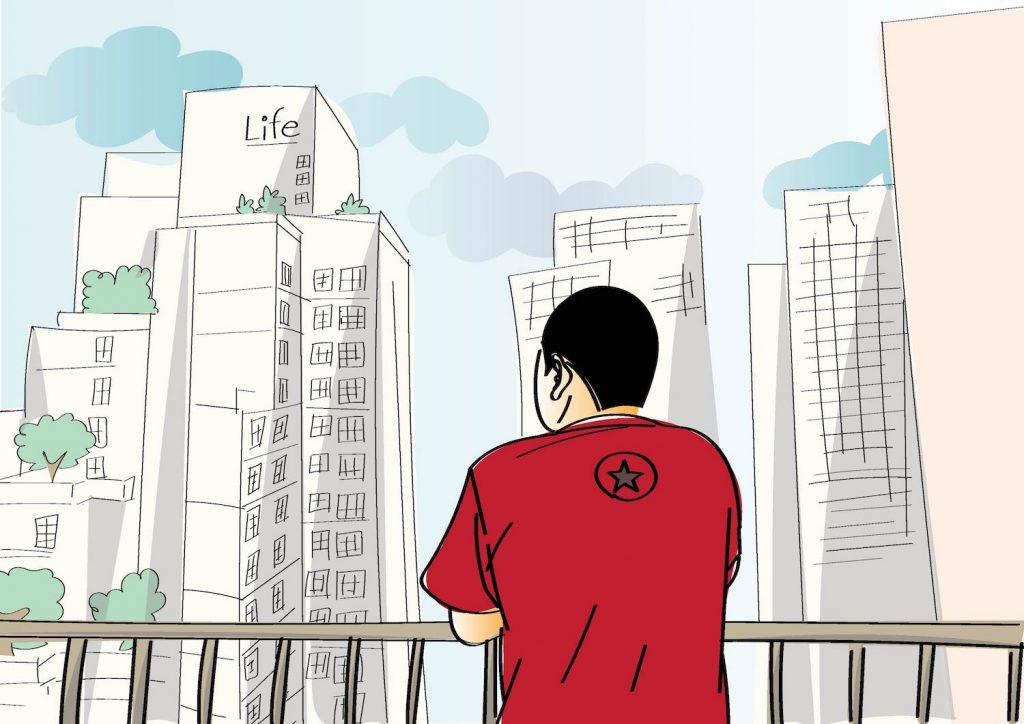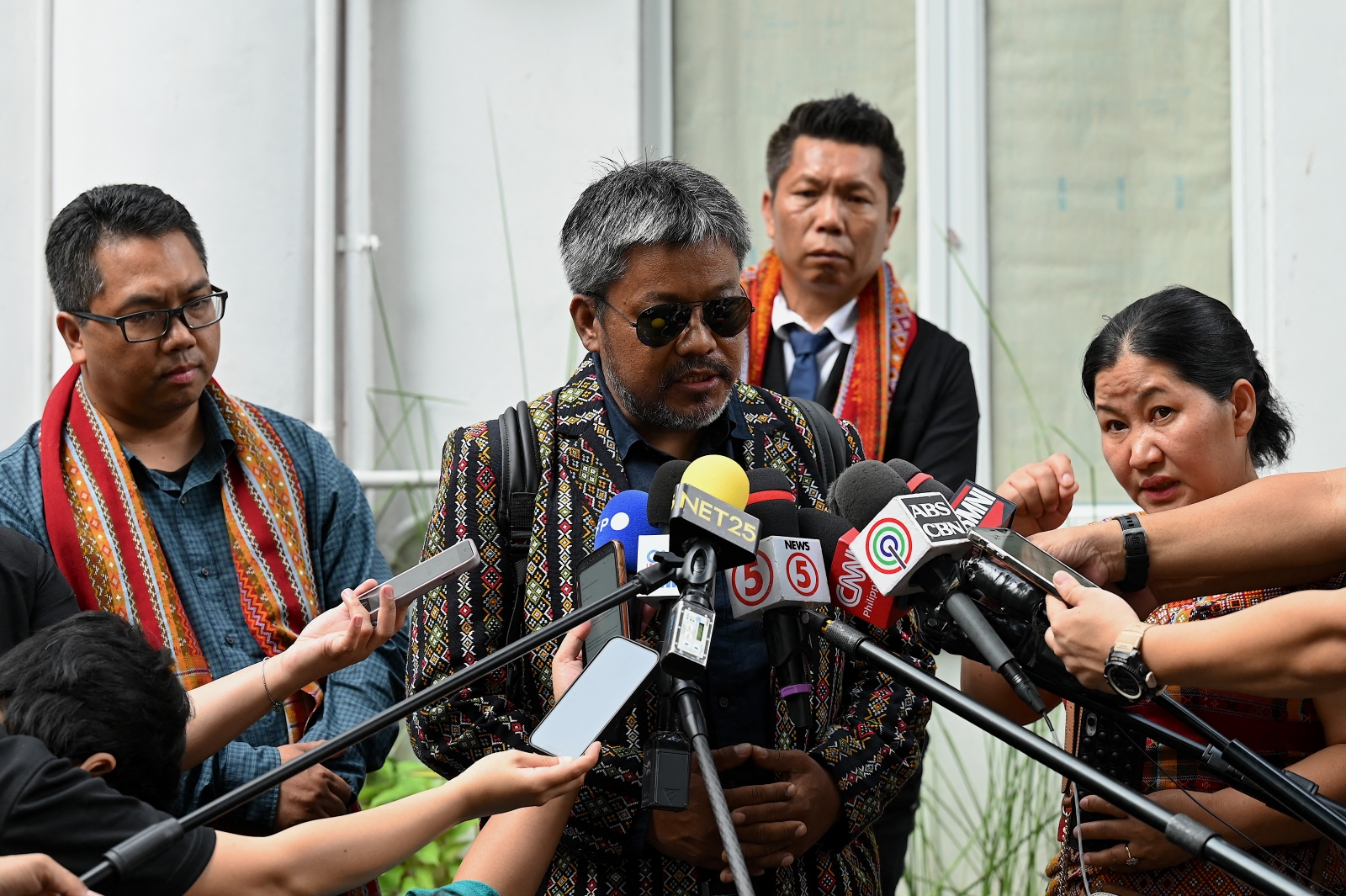EDITORIAL
By bravely writing about his treatment at the hands of the military, Frontier reporter Ye Mon has exposed its institutional barbarism and hopefully encouraged other survivors to tell their story.
It’s hard to imagine the courage required to come forward and share a personal story of sexual assault. It means confronting the horrors of what happened; to relive the experience, and to visualise the faces, the people and the sounds in the place where it happened. It also means telling everyone in your life, from family and loved ones to complete strangers, that something terrible happened to you, and bracing for the possible fallout.
Last week, Frontier reporter Ko Ye Mon confronted a profound trauma, writing a story about his experience of being detained at Yangon International Airport, then taken to an interrogation centre where he was brutally beaten and raped by security forces.
It’s a devastating read. Frontier recognises how difficult it is to put a name to a story like this. We are proud of Ye Mon and continue to support him.
Judging by the responses Frontier has seen and received, many of our readers were equally moved by the story. As one Twitter user said, “This is what a hero looks like.” Many others spoke of his bravery and thanked him for coming forward. Another Twitter user said, “I hope his story helps others and himself heal.”
Ye Mon eventually made it out of Myanmar with his family, and he has access to ongoing medical and psychological support. Most of the junta’s victims of torture and sexual assault do not have the same level of care. Numerous media stories show the continued use of rape by the military as a weapon in their war against democracy in Myanmar. But there have been few if any detailed accounts published in the first person, without a pseudonym.
Frontier therefore hopes that Ye Mon’s rare testimony will encourage others who can safely come forward and tell their stories to do so. The reports so far are likely just the tip of the iceberg. A former soldier admitted to the BBC earlier this year that his superior officer handed over a group of young women to be raped, telling his subordinates to “do as you wish”. Min Aung Hlaing’s troops are clearly acting not just with impunity when it comes to inflicting sexual violence, but with express approval.
The Tatmadaw has been accused of rape in ethnic areas for decades, and the pace had not slowed in the years before the coup. Most infamously, during the 2017 Rohingya crisis, thousands of women and girls were allegedly raped. While underreported, Rohingya men and boys were also subjected to systematic sexual violence. In attempting to crush the nationwide opposition to last year’s coup, the military has turned its brutal methods on society at large. As Ye Mon wrote, “The soldiers see the people as their enemies and inflict sexual violence as a form of punishment.”
The military doesn’t take kindly to survivors telling their stories, though. This was clear when security forces presented Ye Mon with a “contract” for his release, which required him to stay silent about the abuse he had suffered.
Ye Mon has been a journalist since 2011, reporting for the Myanmar Times and DVB before joining Frontier in 2018. He wrote many of our cover stories and earned a reputation for taking on taboo subjects, including another personal story about the bureaucratic barriers and corruption involved in authorising a mixed marriage under Myanmar’s discriminatory interfaith laws. He was also out on the streets following the coup in February last year, taking great personal risk to cover the protests and the crackdowns that followed.
His story shows once again that nobody is safe from the military in Myanmar. What Ye Mon and others have suffered – the systematic use of torture and rape – are crimes against humanity and deserve the world’s condemnation. As more survivors come forward, their voices demanding justice will be difficult to ignore. It’s a story that is only just beginning to be told.







